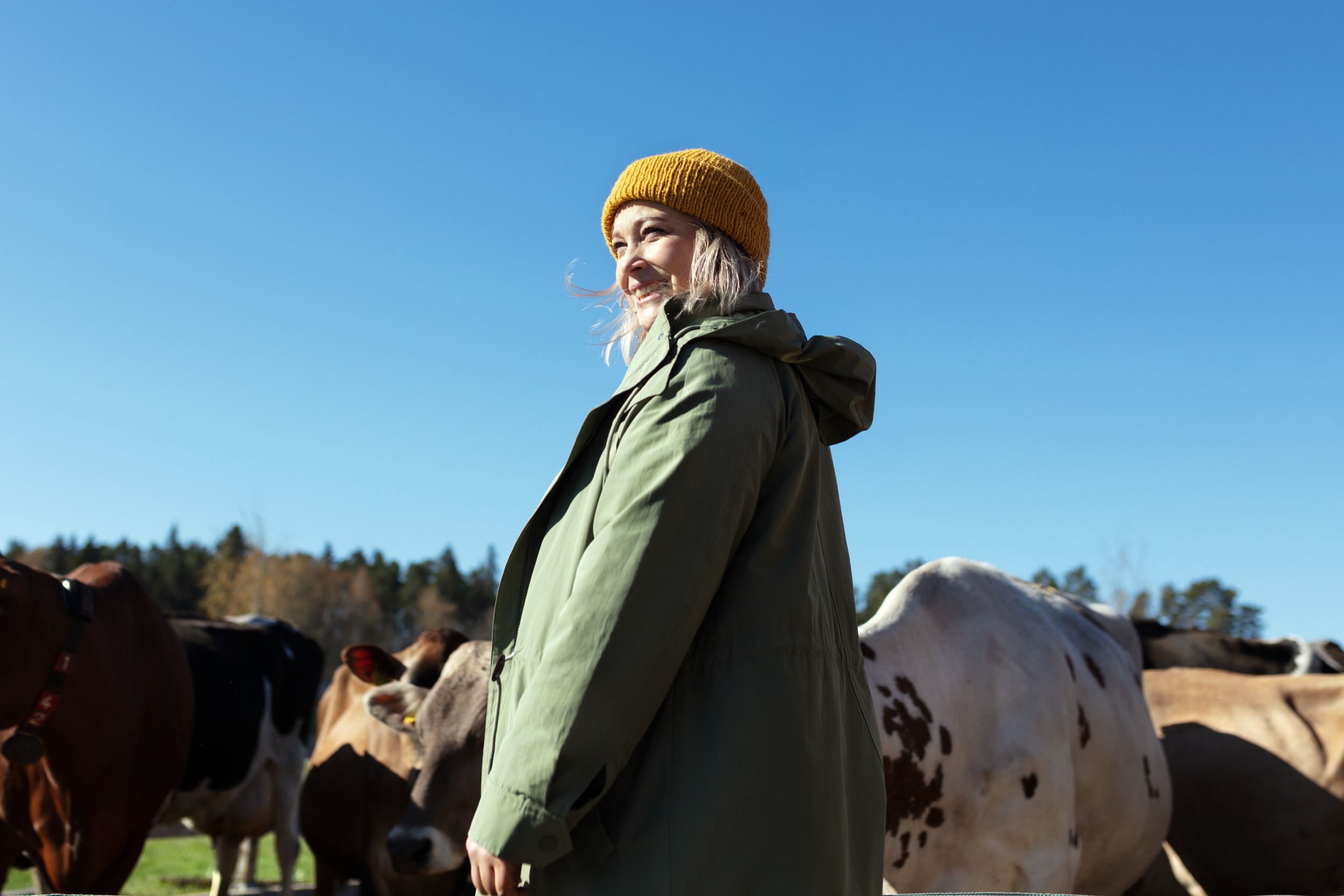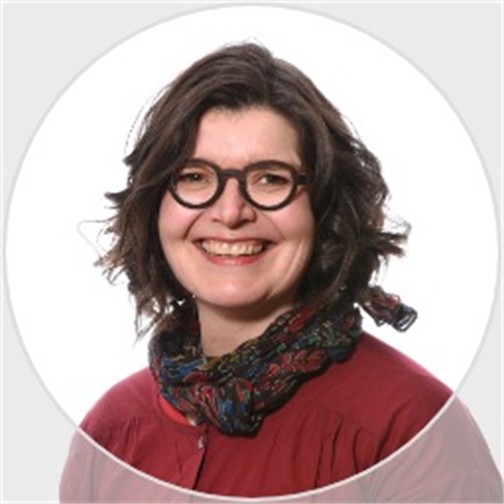HAMK is Finland’s Largest University of Applied Sciences in Natural Resources Sector

HAMK is the largest provider of university of applied sciences education in the field of natural resources in Finland. We’ve held this title since the very beginning of universities of applied sciences. This explains our wide range of degree programmes in the field of natural resources.
Now our School of Biotechnology and Natural Resources offers Bachelor’s and Master’s degree programmes both in Finnish and in English. Some of our degree programs stand out for their uniqueness. For instance, programs like Horticulture, Built Environment and Construction Management, and Sustainable Development are only offered at HAMK in Finland. In addition to these, we offer degree programmes in agriculture, forestry as well as biotechnology and food engineering.
The number of students in different branches and institutes can be compared in Vipunen-service managed by Education Statistics Finland. Other Finnish universities of applied sciences offering degree programmes in natural resources are Jyväskylä, Tampere, Oulu, Lapland, Seinäjoki, South-Eastern Finland, Karelia, Savonia and Novia Universities of Applied Sciences.
According to the statistics, in years 2022-2023 there were a total of 2344 students who started their studies in these universities of applied sciences, in the field of natural resources. 40% of these students started their studies at HAMK.
Multidisciplinary study environments offer practical experiences
We have multidisciplinary study environments at HAMK that provide our students with practical study and learning experiences. In practice these are an educational research farm in Mustiala campus, greenhouse in Lepaa campus and a demonstration forest in Evo campus. We also have multiple laboratories in Hämeenlinna campus.
Climate-responsible land use can be seen in organic production in Mustiala farm, sustainable forestry in Evo’s forest, and development of closed circulation technologies as well as carbon smart landscaping in Lepaa’s greenhouse. Using research in bioprocess engineering and cellular agriculture, the climate impact of food production across the land-use sector can be reduced in the future.
Our multidisciplinary skills are strengthened and supported by activities such as Design Factory. It brings together students, lecturers and researchers in various projects using service and product design. We also follow a sustainable development programme that takes into account the United Nations Sustainable Development Goals. These are reflected in our education, research and everyday life on campus.
“HAMK’s broad range of education and expertise in the natural resources sector makes us a strong bioeconomy player in both education and applied research. Bioeconomy sector requires identifying the right networks and mastering multidisciplinary working. We are able to offer our students multidisciplinary work-based challenges within our School, and through initiatives like Design Factory, across educational unit boundaries. In the future, our expertise in the bioeconomy and natural resources sector will focus on delving deeper into the soil and moving away from traditional growth mediums through innovative cultivation and synthetic biology content in our Master’s degree programs. The development of Master’s degree programs at HAMK is based on strong applied research,” says Mona-Anitta Riihimäki, Director of the Bioeconomy and Natural Resources Unit.
The next goal is to expand international education
In the future, we will launch new English degree programmes and courses. We will also offer our students in the natural resources sector the opportunity to participate in our international activities through the RUN-Europe University. RUN-Europe Universities form an alliance of regional higher education institutions to ensure economically, socially, culturally, and ecologically sustainable development in their areas of operation and among their stakeholders.
At HAMK, we want to continue to operate in our multidisciplinary and diverse learning environments, so that we can be the largest university of applied sciences in the natural resources sector in Finland also in the future.
